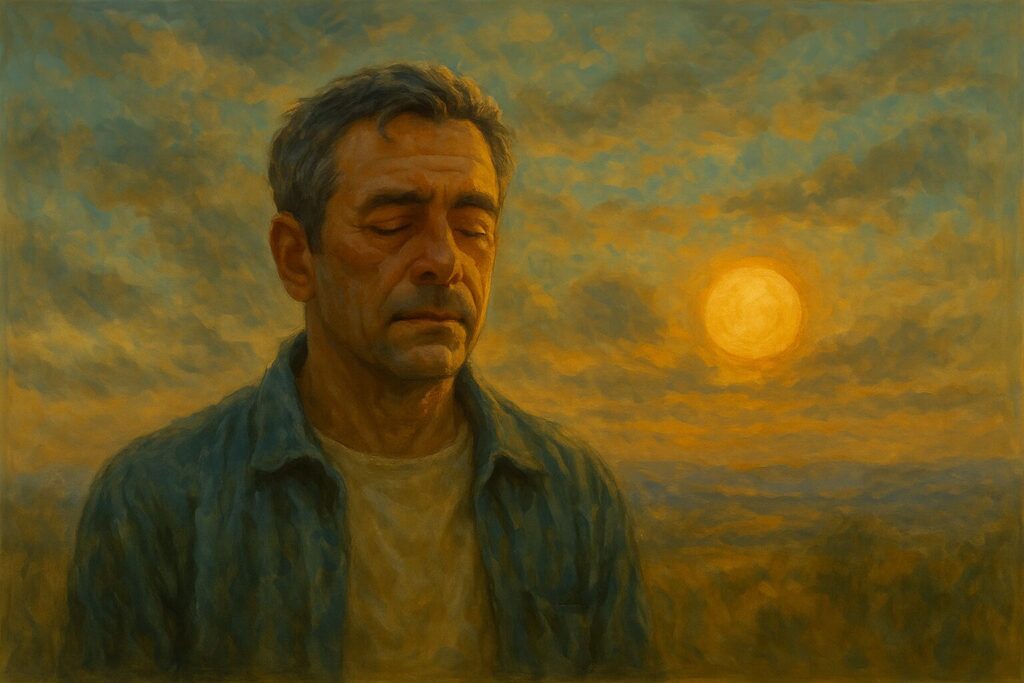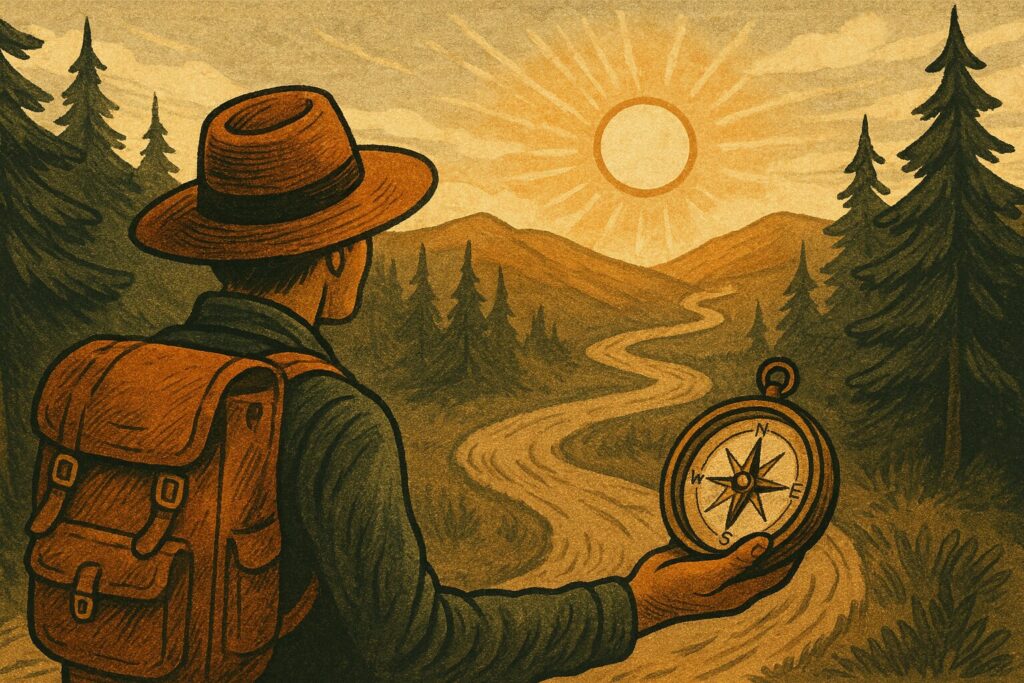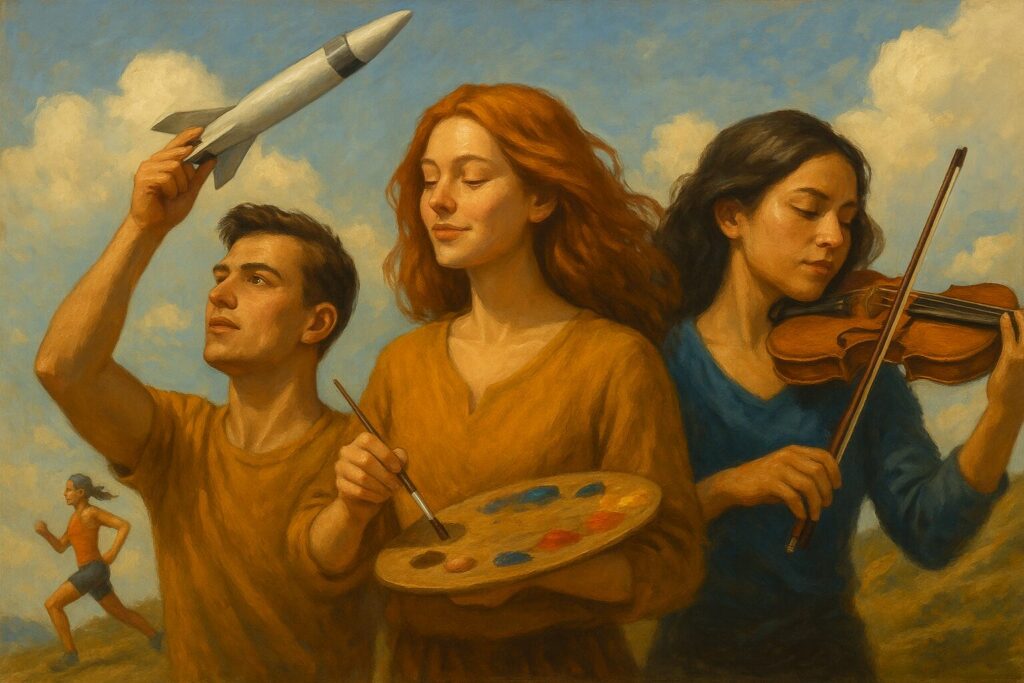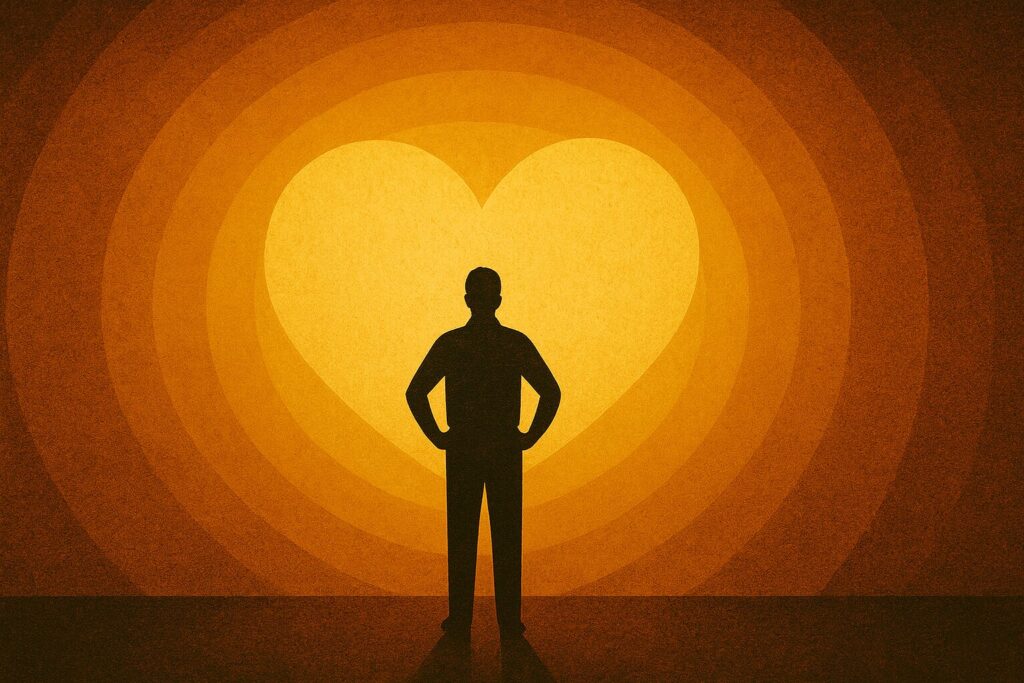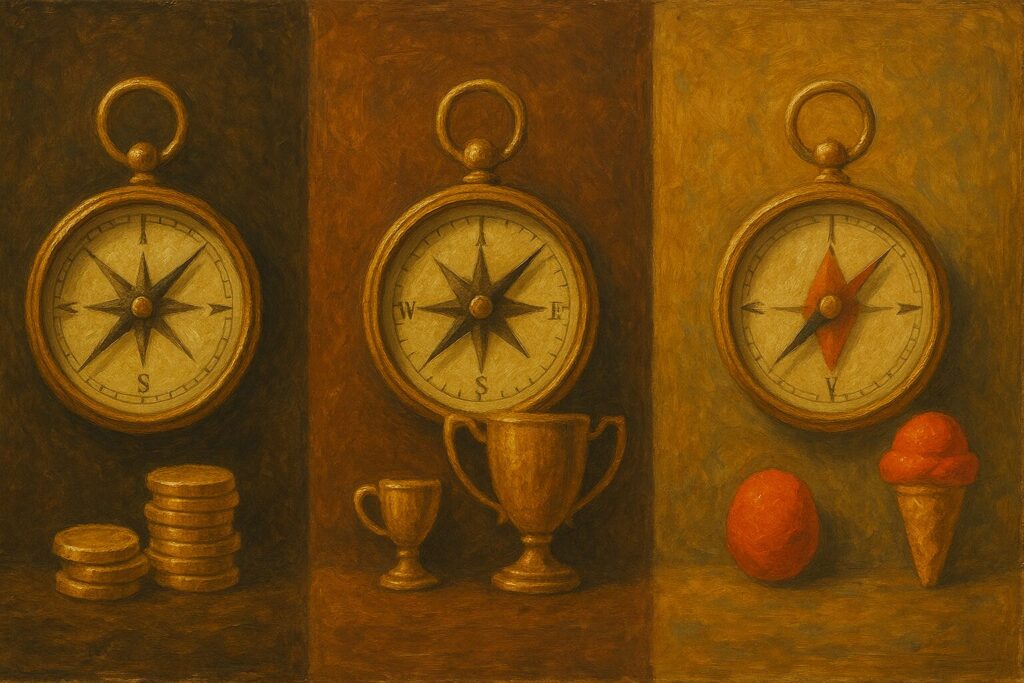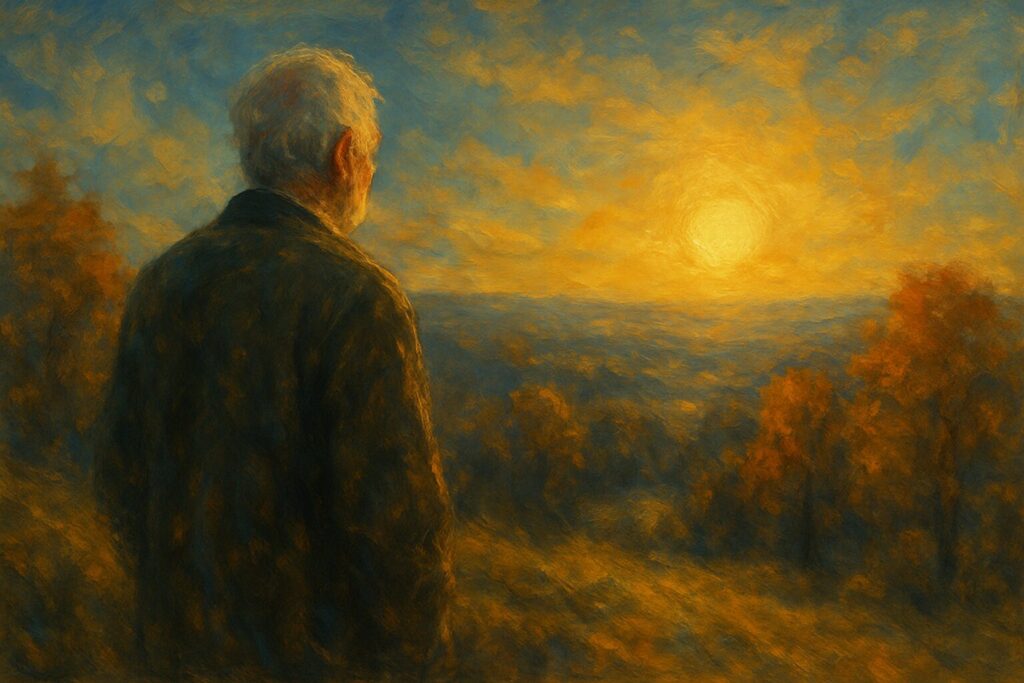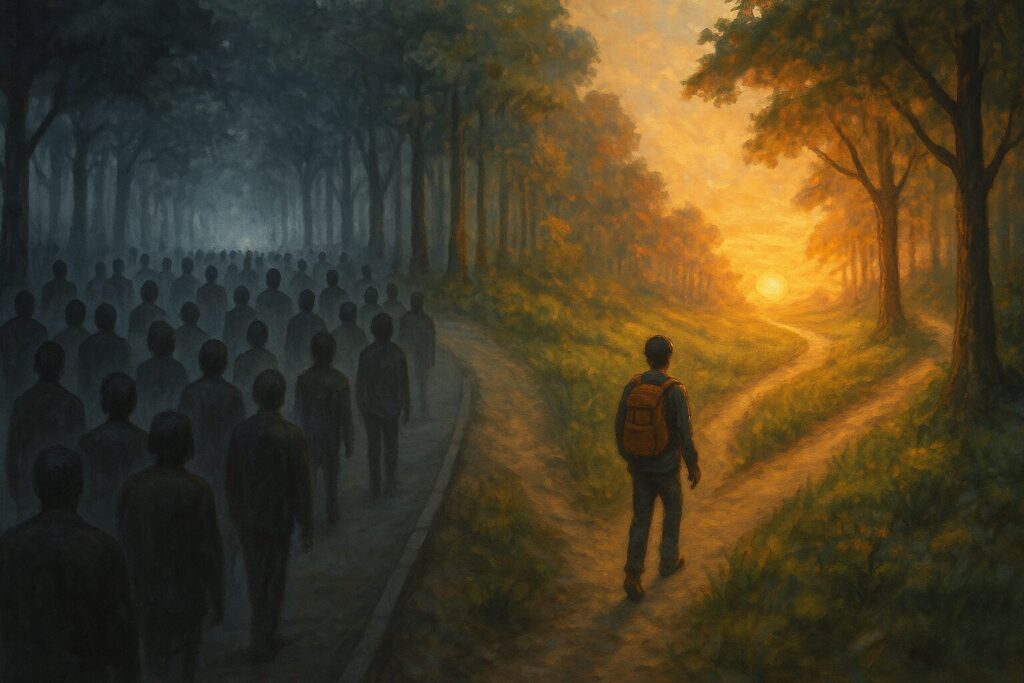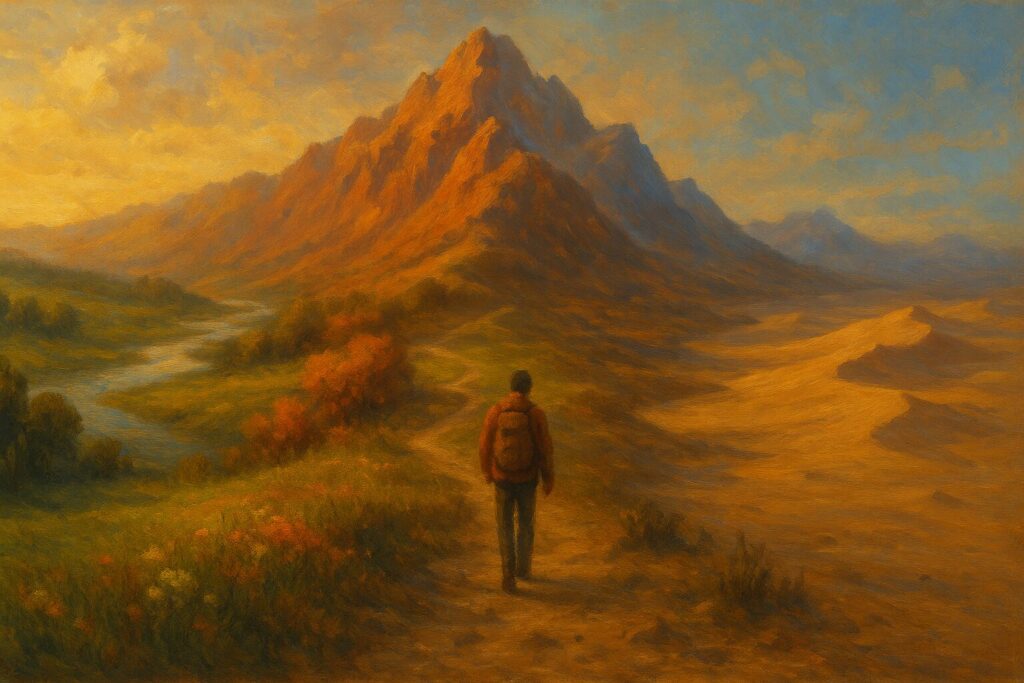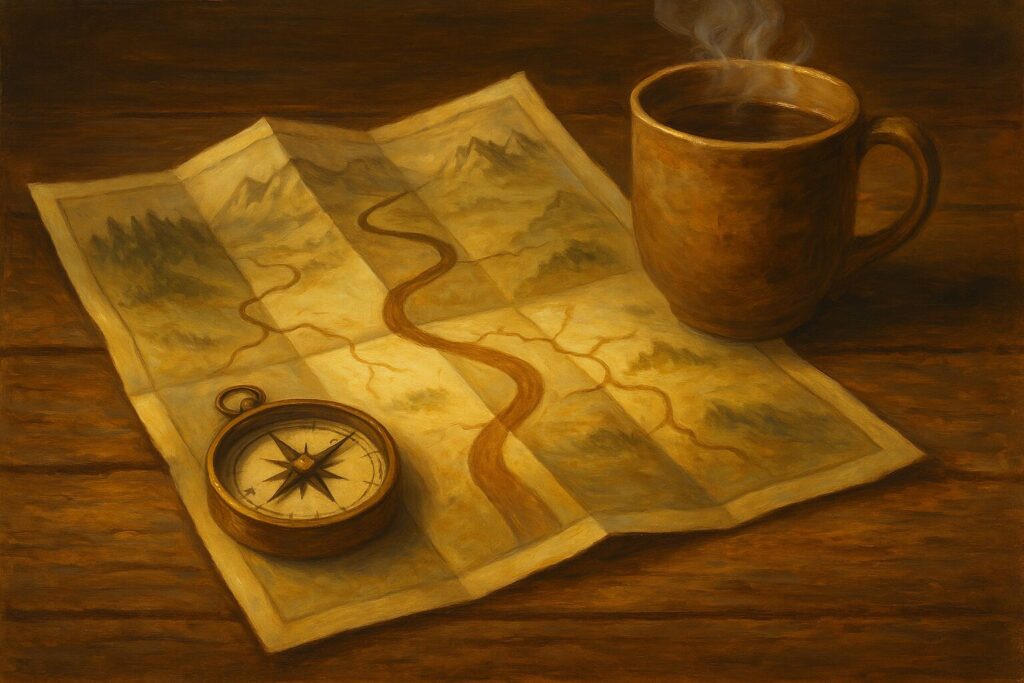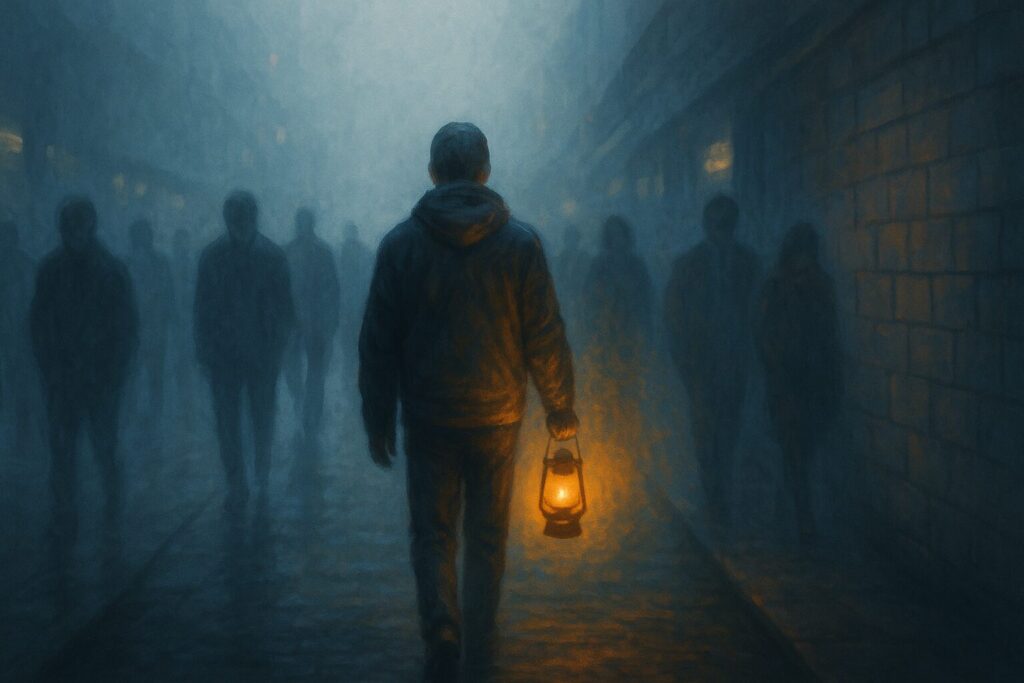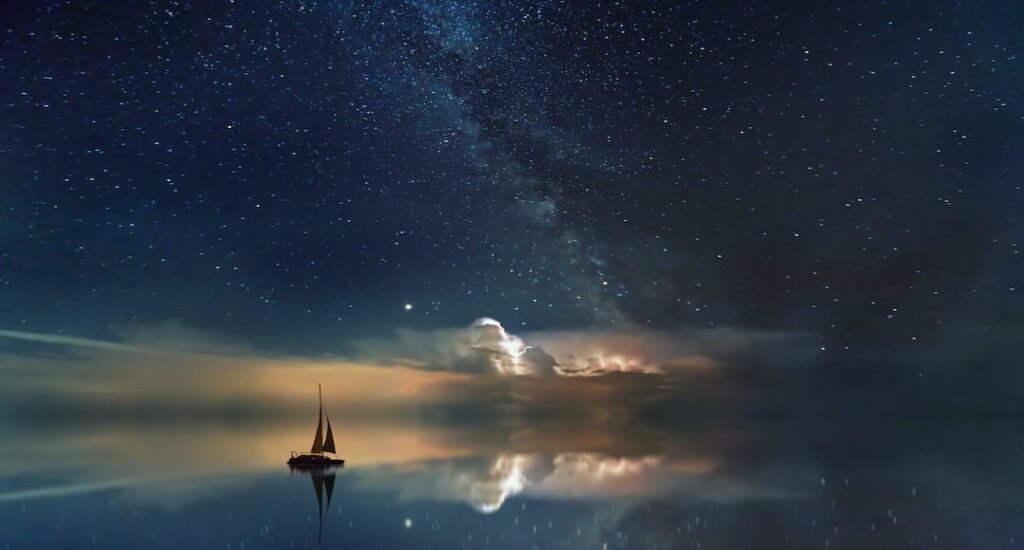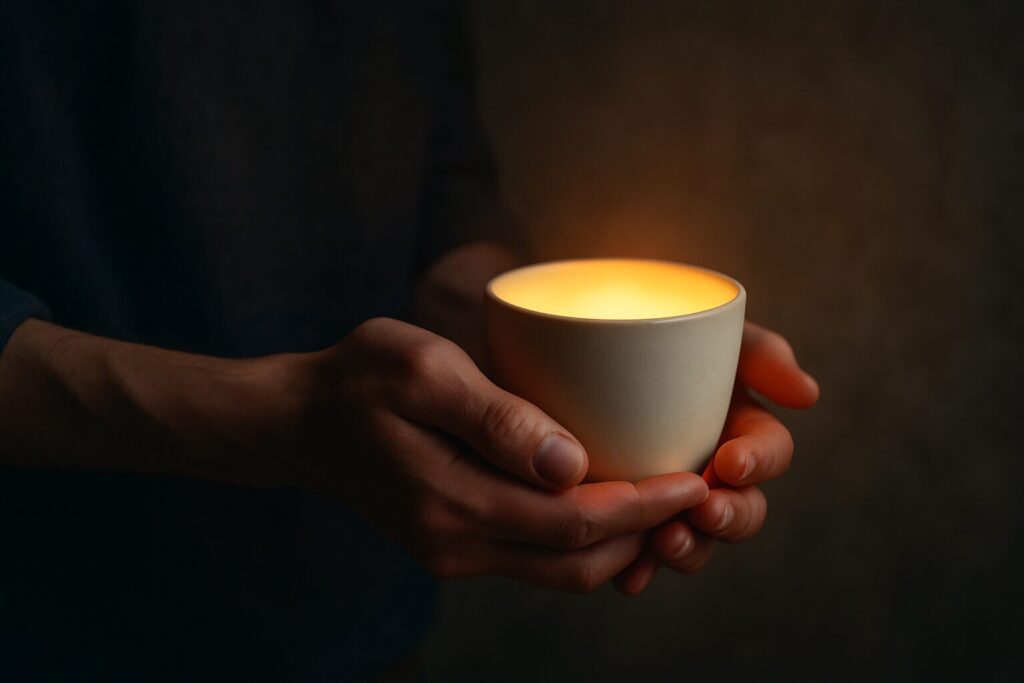Ambition
Not every act of independence makes the news. Most of them happen quietly, in kitchens, classrooms, offices, and breakrooms. They don’t topple governments or change laws. But they change lives — because they keep one person from surrendering their story and their dignity. This is the story of a quiet rebel. Not a revolutionary, but someone who dared to trust their own compass when conformity beckoned.
The Balance of Sanity and Wonder
Life demands two great skills. The first is to remain sane in the face of hardship. The second is to remain awake to wonder in the midst of ordinary days. One without the other is incomplete. Sanity without wonder becomes survival — a gray endurance stripped of joy. Wonder without sanity becomes naïveté — a fragile bliss easily shattered.
Sanity and Appreciation
Life is not easy. Even the most fortunate among us face storms of stress, fatigue, grief, and uncertainty. To live well is not to dodge hardship, but to remain sane enough within it to keep seeing the gift of existence.
The Joy of a Life Well-Oriented
Life is brief. Time is precious. Without orientation, we risk wasting it on false compasses and empty pursuits. But with orientation, every day can contribute to fulfillment.
You’ve Already Won
Most of us think of winning the lottery as a once-in-a-lifetime event. The odds of striking it rich with Powerball are 1 in 292 million. A long shot, to say the least. But you’ve already won the only lottery that really matters: the chance to be alive at all.
Count Each Day as Gain
The Roman poet Horace knew something we often forget: life isn’t guaranteed. Not tomorrow, not even the next hour. Every day that arrives is a gift. We do our best to steward and prolong that gift, but each day is still a privilege, and we should do our best to appreciate it as such.
The Abundance of Trying
In trying, we discover something larger than just results: we discover abundance. Life overflows with chances to reach, to create, to risk, to love. Some call it profusion, others call it bounty, but the meaning is the same: effort itself is a richness we get to experience. The act of attempting — even when imperfect, even when uncertain — is one of life’s greatest privileges. To strive toward something beyond survival is how we honor the miracle of existence.
True Norths of Fulfillment
False compasses like wealth, status, and shallow happiness are easy to chase but leave us empty. True norths are quieter, but they lead us home. So name your purpose. Follow your fascinations. Savor beauty whenever it interrupts you. Because these are the guiding stars of fulfillment — and life is too precious to navigate without them.
Gratitude as Mental Maintenance
Life isn’t always smooth. Stress builds, anxiety spikes, and despair can creep in. But gratitude for simply being alive acts like maintenance for the soul. It’s coolant in the overheated engine of existence. It steadies us when the road feels rough.
The Triad of False Compasses
False compasses tempt us because they are easy to measure. Bank balances, applause, comfort levels — these give quick feedback. But quick feedback is not the same as true direction.
Pride and Mojo
There is a kind of joy that doesn’t come from sunsets, or music, or even love. It comes from something quieter: the simple satisfaction of feeling at home in your own skin. It’s the moment you stand a little taller because you did what you said you would do. It’s the glow of competence after solving a problem. It’s the inner warmth of knowing you’re living in line with your values.
At Least We’ve Had Life
There’s a simple truth that we overlook far too easily: no matter what else happens—failure, disappointment, even tragedy—we’ve already won by having lived at all.
The Balancing Gift of Gratitude
Desire drives us. We strive, we chase, we imagine new possibilities. Without desire, civilization would stall. But desire alone can also leave us restless, always chasing the next horizon, always frustrated with the gap between what we have and what we want. That is where gratitude comes in. Not as a replacement for desire — but as its balance. Gratitude steadies us. It keeps us from mistaking every delay for despair. It reorients us toward the miracle that is already around us.
The Compass of Inner Authority
From the moment we’re born, voices crowd around us, telling us who we should be. Parents, teachers, bosses, influencers, friends. Some offer wisdom. Others project their fears. All of them create noise.
When Fascinations Change
Many of us secretly worry that shifting interests means we lack seriousness. If we loved something once, shouldn’t we love it forever? Isn’t consistency the mark of a steady character? But life isn’t a courtroom where past testimony binds us forever. It’s a living story, always being revised. To change fascinations is not betrayal. It’s an honest response to growth.
The Art of Living With Orientation
Every life, whether admitted or not, circles around a question: How should I live? We try wealth, status, comfort, distraction — but none of these hold steady. They are like compasses that spin in circles. The real task is to find orientation: a destination to aim for, and a compass to guide us there.
The Pandemic of Cynicism
You can see it in the eyes of people on the subway, in office hallways, even in your own mirror some mornings: the dullness of cynicism. It’s not anger. It’s not despair. It’s something flatter, quieter, more corrosive. It’s the gray fog of giving up on passion.
Balancing Life’s Opposites
We long for simplicity. If only life could be one thing — constant peace, endless joy, steady certainty. But life is not one thing. It is a symphony of opposites: quiet and noise, rest and striving, solitude and connection.
Purpose vs. Regret
When people look back at the end of their lives, the most common refrain is not, “I wish I had failed less.” It is, “I wish I had lived truer to myself.” Regret aches because it cannot be undone. We can recover from failure, but we cannot recover the chances we never took. That is why regret often stings deeper than loss.
The Cup Metaphor
Life places a cup in our hands. We did not ask for it, and we cannot hold it forever. But while it’s ours, we face two tasks: to fill it and to savor it.

